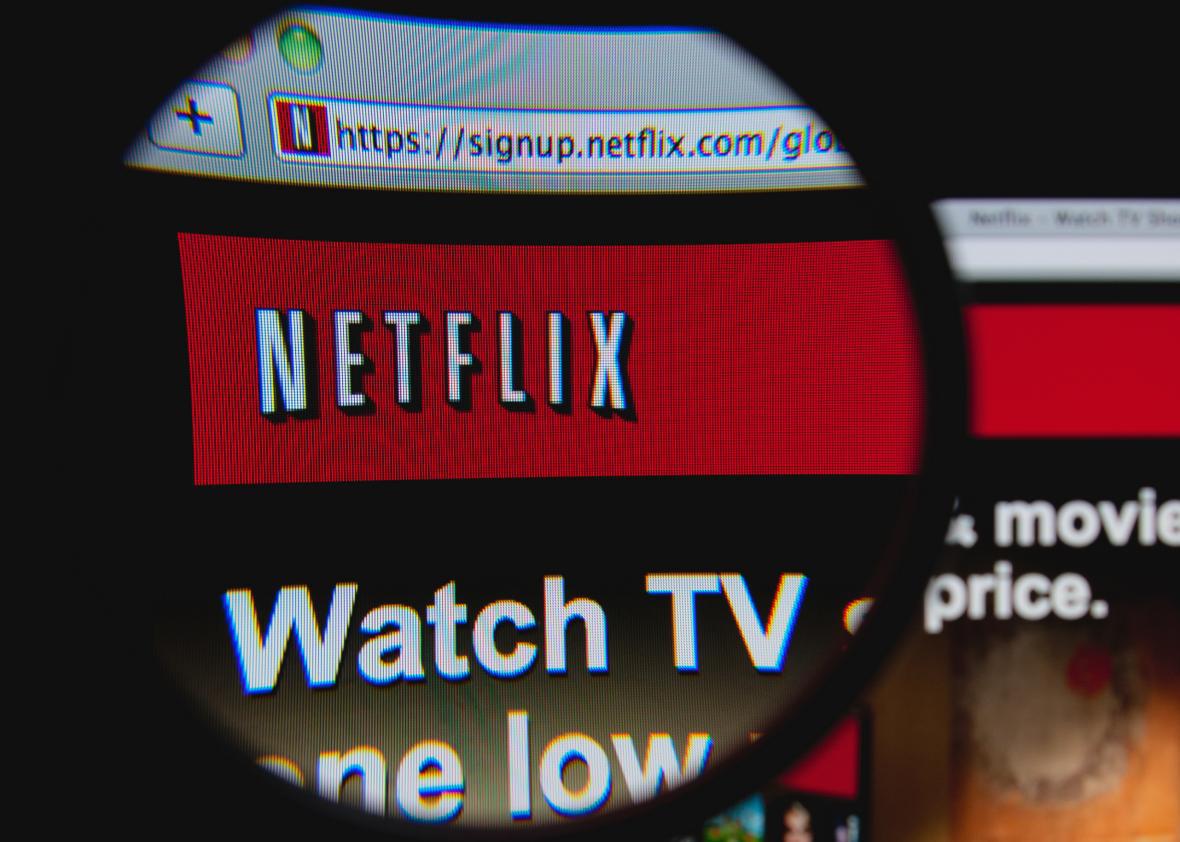Netflix said Thursday that it is raising the price of its most popular video streaming plan by $1 a month. The hike, which will bring the monthly cost of a subscription that lets two viewers stream simultaneously to $9.99, affects new customers in United States, Canada, and parts of Latin America. Current account holders paying $8.99 a month won’t see a change in pricing until at least October 2016. Lucky Netflix customers who have thus far held onto their grandfathered $7.99-a-month plans will reportedly face a $2 price increase slightly sooner—some time after May 2016.
The last time Netflix raised its plan prices was in May 2014, when they edged up to $8.99 from $7.99. Then and now, Netflix justified the increases by saying they would help it add more movies, TV shows, and original content to its library. Which makes sense if the logic is something like, We need money to do things—give us more money and we will do more things. That increase didn’t go over so smoothly. When earnings rolled around in October 2014, they showed a year-over-year decline in U.S. subscriber growth. Netflix blamed the added $1 for the stymied growth; its stock tanked 25 percent after hours.
Long term, though, that $1 increase doesn’t seem to have done much damage. Netflix shares are up 78 percent from a year ago, and rose nearly 7 percent today to $114.93 on news that subscription prices are climbing. Contentwise, the broad consensus is also that Netflix has made good on its promise to build out its streaming offerings. Over the past year Netflix has cranked out critically beloved original content like Unbreakable Kimmy Schmidt and grabbed attention for upcoming projects such as Beasts of No Nation, a film starring Idris Elba.
So a $1 increase in monthly plan costs might feel outrageous to some right now, and it wouldn’t be surprising if Netflix’s subscriber growth hurts in the short term. But Wall Street has proved that a quarter or so of poor numbers don’t have to be a financial death knell, and any aggravated recent subscribers won’t feel the impact of the change for a year. If the company does in fact keep producing great content, chances are those customers won’t mind so much when the hike actually rolls around.
